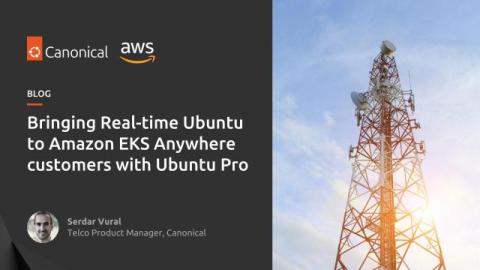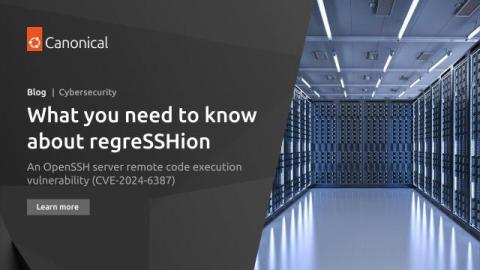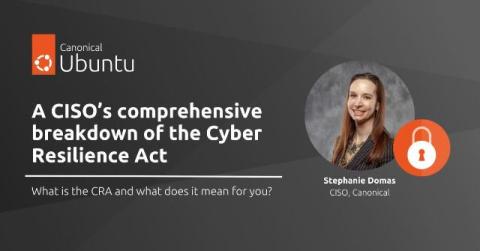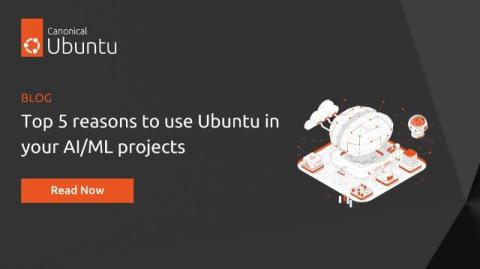Bringing Real-time Ubuntu to Amazon EKS Anywhere customers with Ubuntu Pro
Earlier this year at Mobile World Congress (MWC) 2024 in Barcelona, Canonical announced the availability of Real-time Ubuntu on Amazon Elastic Kubernetes Services Anywhere (EKS Anywhere). With this technology enablement, a telecom operator can confidently run its Open Radio Access Network (RAN) software workloads on Amazon EKS Anywhere, thanks to the necessary support for ultra low-latency data processing with high reliability in Real-time Ubuntu.











